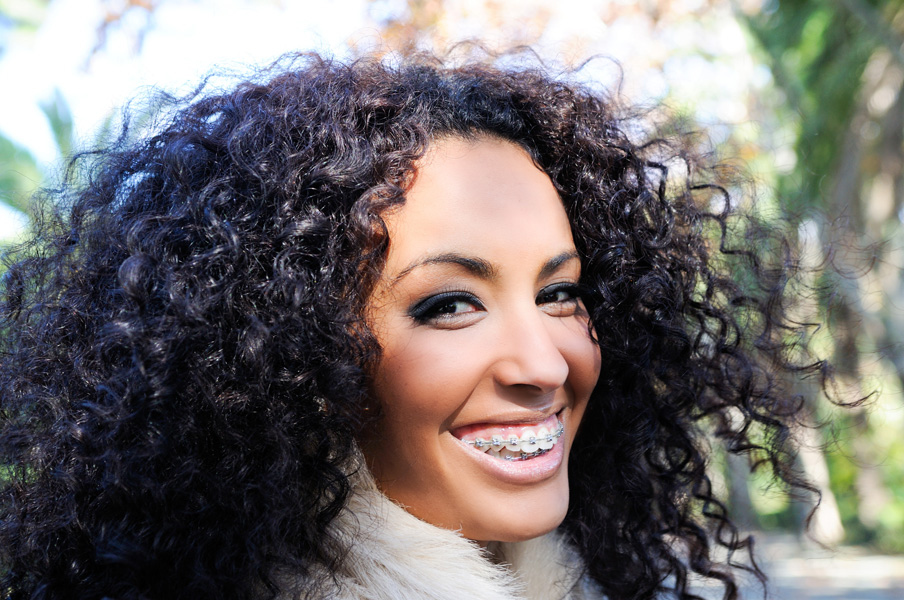- The book, Your Jaws your Life, by David C. Page, D.D.S. is an easy to understand book that everyone would enjoy reading. Your teeth and jaws are important for so much more than chewing and speech. Breathing through your nose rather than your mouth is significant not only to our facial development but also to our mental and overall physical wellbeing. These are some points from the book that everyone needs to know and to investigate further as it applies to them.
- Mouth breathers tend to have lower levels of oxygen and higher levels of carbon dioxide, especially at night. Mouth breathers tend to be sicker and have more heart trouble. They rarely catch up in health or IQ to breastfed infants who are frequently nasal breathers. Mouth breathing commonly causes crooked teeth (malocclusion). Mouth breathing tends to cause open-bite jaw deformation, which then can negatively affect the airway and overall face.
- Research shows that a lack of oxygen due to an upper airway obstruction can cause bed-wetting. The 1990 and 1998 combined study results show dental treatment to be about 80% effective in reducing or stopping bed-wetting. Dental treatment may be 5-7 times more effective than doing nothing to stop bed-wetting, considering only 15% of bed- wetters stop spontaneously each year.
- Breastfeeding helps jaws and airways to develop properly. Bottle and pacifier use can deform jaws and airways. Breast suckling promotes good forward jaw growth and development. Bottle, pacifier and finger sucking put backward forces on the jaws during one of the most important periods of rapid facial growth. Breast-fed babies are less likely to develop allergies, ear infections, insulin-dependant diabetes, respiratory infections, gastrointestinal infections, diarrhea and lymphomas.
- Circling the world during the 1920’s and 1930’s, Dr. Weston Price and his wife found the same sinister pattern among “primitive” populations… groups that followed their traditional nature-based diets enjoyed good health and vigor, and those that turned to the “civilized” diet or processed, sugar-laden foods soon developed a variety of ills, including misshapen bones and teeth-and the situation worsened with each generation.
- Children with deep dental overbites are 2.8 times more likely to have ear tubes placed (to drain fluid) by a pediatric otolaryngologist (ENT specialist). There are a number of dental techniques to use on baby teeth to open an over-closed bite. This moves the lower jawbone away from the ears in the area of the jaw joints. Pacifiers double the risk of developing ear infections in infants under 12 months and pacifier use is responsible for at least 25% of infection attacks in children under age 3 years. Removing a pacifier from a child with chronic ear problems reduces likely future problems by about 50%.
- By age 6 years about 90% of head growth and 80% of jaw growth has already occurred. Take your child to see the dentist for their first preventive visit between 1-2 years of age to examine the jaws and bite to be sure teeth and bones are developing and aligning well. By 2 years of age, the mode of breathing (breathing through the nose or through the mouth) should be assessed since nasal breathing is essential to help prevent poor facial aesthetics.
- Do you get headaches? Dental appliances have been found to reduce the number of migraine attacks by about 60% especially in those that get frequent attacks. Headaches can be symptoms of many serious life threatening health problems (such as brain tumors and strokes) so it is important to be evaluated by a physician first to rule out these conditions.
- Sleep-related breathing disorders ranging from habitual snoring to airway resistance and airway obstruction, along with obstructive sleep apnea (cessation of breathing for periods of 10 seconds or longer; OSA) are now recognized as major health problems. Sleep disorders is an independent risk factor in auto accidents, brain damage, daytime sleepiness, diabetes, morning heart attack, heart disease, hypertension, kidney disease, stroke, and premature death. In mild to moderate cases of sleep apnea, the college of physicians and surgeons recognizes that specialized dental appliances can be the first line of treatment. Before a dental sleep appliance can be used, an overnight sleep study must be done to determine the degree of sleep disordered breathing or OSA.
webdesign by Index Media
Main Office:
2825 Bathurst Street (storefront),
Toronto, ON, M6B 3A4416-787-9060
 2825 Bathurst Street (storefront), Toronto, ON, M6B 3A4
2825 Bathurst Street (storefront), Toronto, ON, M6B 3A4